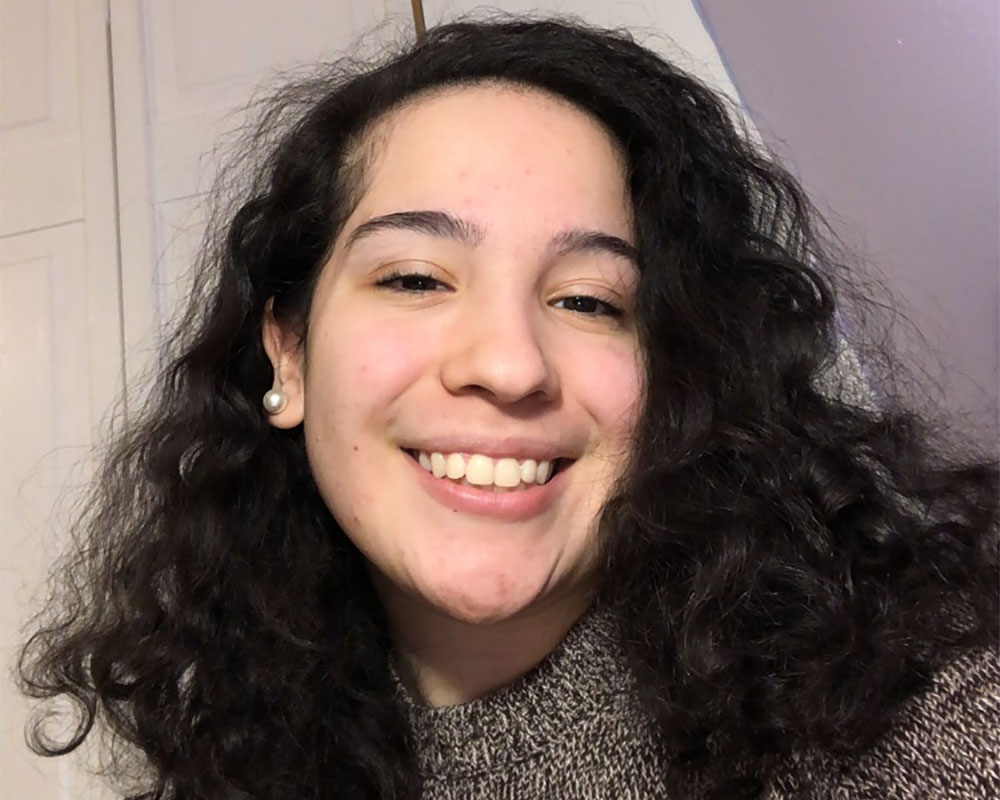Haverhill High School students want a greater say in their education, including how money should be spent.
For the past two years, a group of Haverhill High School students have been working with Massachusetts Advocates for Children and Harvard Law School looking to find ways to improve student success by creating a safe and supportive learning environment. Their group Haverhill Violence Intervention and Prevention—or VIP, for short—has been brainstorming with Harvard Law interns and addressing state legislators with the goal of improving relationships between educators and students.
Last Thursday, Haverhill High School senior and Student Council President Gabriela Vargas told the School Committee why student input is critical in achieving that goal.
“Student voice is so important because it sets the tone of the school and everything involving the school. They experience everything. Everything affects them and they should have a right to speak on those matters regarding them,” she said.
Another member of VIP, high school senior Chelsea Daigle told the Committee students would also like to have a voice in how money is spent regarding their education.
“One place where we believe our voices should be heard is in the conversations about how to use the COVID-related funding coming into our district for recovery during the next school year. We would like to provide input for where some of the funds should be allocated. We believe our voices should have a much greater influence over this part of the process than we typically do,” she said.
Daigle said this would be an opportunity for Haverhill to take the lead in applying student input in educational decision making.
Also speaking at that meeting, Law Professor Michael Gregory, who worked with the students in their presentation before the state legislature and in the development of the website Students Speak where the group’s goals and achievements are outlined.
“The hope is that this website can communicate everything students have shared about what they need in order to do well and serve as a catalyst for more students to raise their voices,” he explained.
Committee members praised both students for their work and their presentation with Committee member Paul A. Magliocchetti telling them their message had been received.

